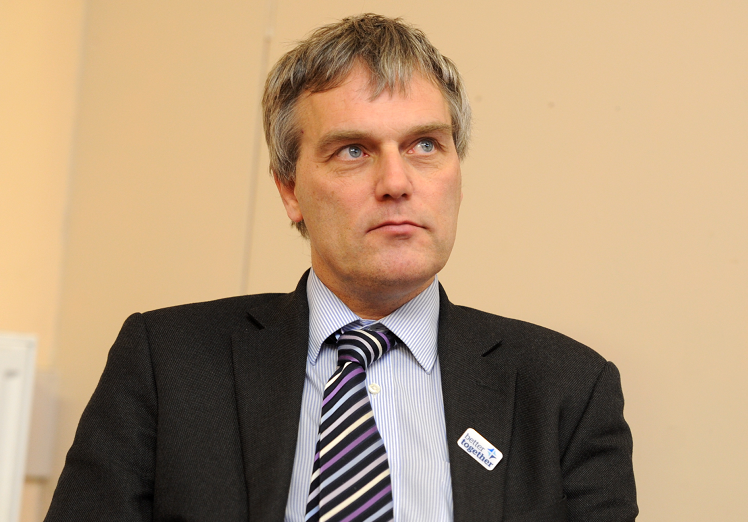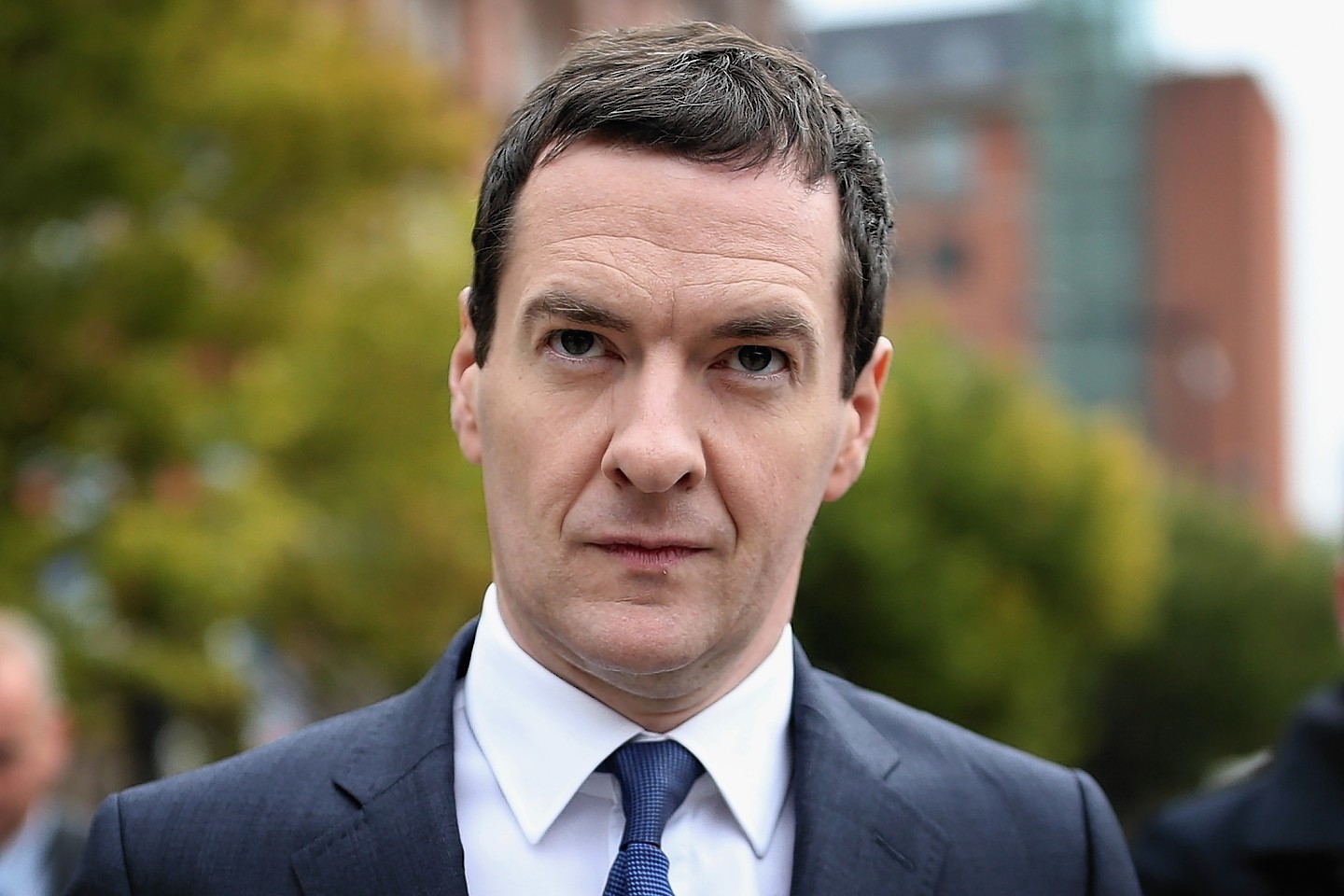Councillors in Aberdeen have called on the Scottish Government to follow their Westminster counterparts in allowing local authorities more control over business rates.
Chancellor George Osborne announced on Monday that English councils will be able to keep the money they raise, rather than sending it to London for redistribution.
The chancellor’s announcement prompted the Convention of Scottish Local Authorities (Cosla) to call on the Scottish Government to look at allowing councils to increase rates.
And last night, Aberdeen City Council’s finance bosses echoed the appeal, and urged Finance Minister John Swinney to loosen Holyrood’s control over local authorities’ purse strings.
Finance convener Willie Young praised Mr Osborne for allowing cities to “flourish” as the “powerhouses” of the UK economy.
Mr Young added: “The challenge now is for the Scottish government to follow suit and support local authorities by proving real incentives for cities such as Aberdeen to grow the economy for the benefit of the Scottish and UK economy.
“I fear however the centralist and control freakery approach adopted by the Scottish Government will mean that once again the SNP are more interested in independence than helping Scotland and its cities flourish.”
Finance vice-convener Ross Thomson added: “As we work towards a city deal it’s clear that Aberdeen needs more power devolved to it from Holyrood and if the SNP followed the chancellor’s lead in allowing us to retain 100% of our business rates, it would enable us locally to encourage business growth, regeneration and it would provide millions more for investing in services.”
However, last night the Scottish Government defended its current business rates policy.
A Scottish Government spokesman said: “Scottish councils already retain all of the business rates they collect and the power to reduce business rates bills is being devolved this month.
“In contrast to UK Government funding of English councils, the Scottish Government has treated councils very fairly, with a total settlement this year of over £10.85 billion.”

